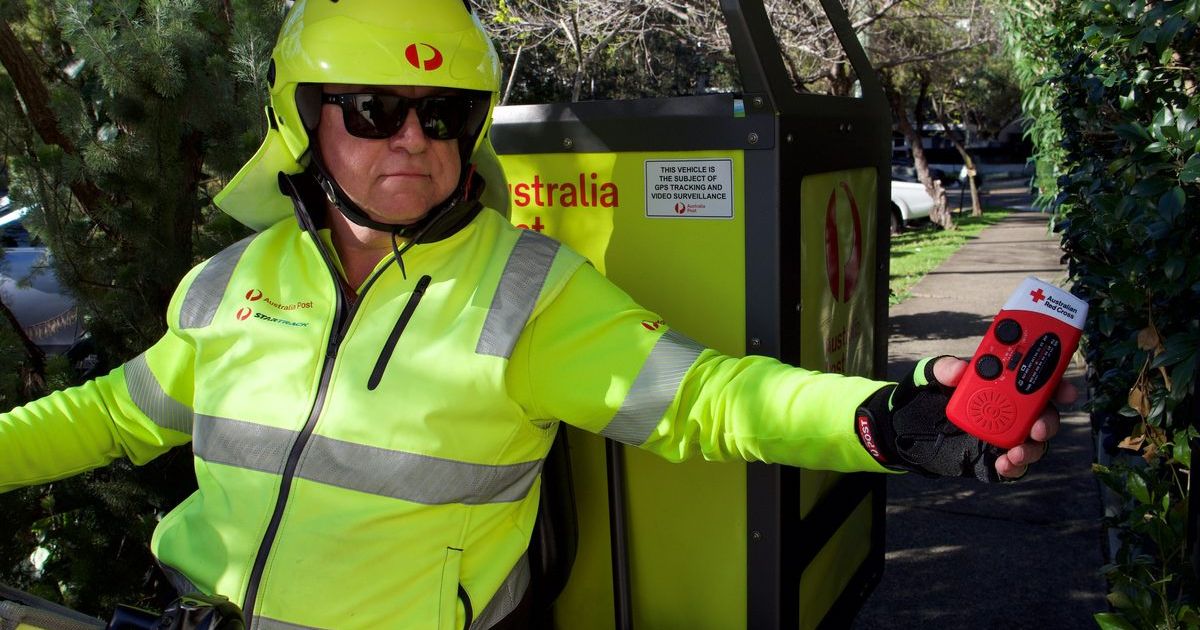Why is there no GP in Smythesdale anymore?

Closed: GP services at The Well is Smythesdale have come to an end and are symptom of wider issues within the health system. Photos: FILE
AT the start of July Ballarat Community Health’s sole Smythesdale-based general practitioner, Dr David Anderson, move to the organisation’s Sebastopol branch.
The doctor’s departure from The Well signalled BCH’s decision to close its Smythesdale GP service.
With additional sites in Lucas and Wendouree, BCH CEO Sean Duffy said the location wasn’t practical for a single clinician to work alone.
“We recognise that a general practitioner working on their own in a rural location is not ideal in terms of clinical and practical support,” he said.
“The majority of GPs enjoy a working environment where they’re surrounded by other GPs and a broader workforce which is a model we’re moving towards.”
Patients using the practice, 50 per cent of whom Mr Duffy said don’t live in Smythesdale, have been given the option to seek treatment at one BCH’s other facilities.
The health service had been trying to recruit a second GP to The Well since the departure of a previous doctor, with no success.
Mr Duffy said the inability to recruit further medicos to the site points to a growing concern amongst bulk-billing health providers.
“It is extremely difficult in getting GPs out here. Ballarat is a big town and even we struggle with bringing new GPs into the area,” he said.
“We need to advocate for incentives for doctors and health professionals to move into rural and regional locations.”

The challenge of getting more doctors into rural and regional Australia is not new and medical colleges have been dealing with the issue for decades.
While the college’s train doctors in medical specialisations, they also play a role in advocating on issues facing their fellows.
For Dr Michael Clements, rural chair for the Royal Australian College of General Practitioners, there’s no “single silver bullet” solution to getting more GPs into rural and regional areas.
“There needs to be a whole health system review in terms of approach,” he said.
“It’s about looking at ways to offer support like recruiting GPs from rural areas, training them there, exposing junior doctors to these areas, streamlining overseas recruitment, and providing longer consultation rebates.
“Communities can also work with their GPs. There are some towns where councils have actually funded a site or supported equipment for the practice to help make it more viable.”
Fifteen per cent of GPs prefer to work for larger hospitals as opposed to bulk billing public services, which Dr Clements said is due in part to 2013’s Medicare rebate freeze.
Alongside advocating for rebate increases, he said the RACGP is doing what it can to support GPs in moving to rural and regional locations.
“We have a new committee in place to support our overseas doctors in practicing in remote areas with novel supervision models,” he said.
“We’re also working with workforce agencies to find where the gaps are to get them filled.
“There is hope. The new Federal Government has made lots of noises promising to invest another billion dollars into general practice with infrastructure grants and $147 million in training for rural generalists.
“These are good starts but we need to see these promises filled and in the right places.”


















